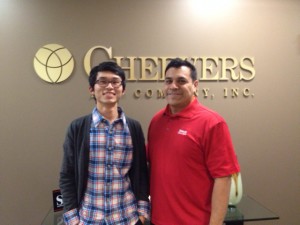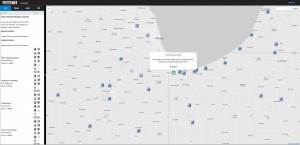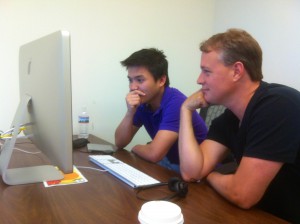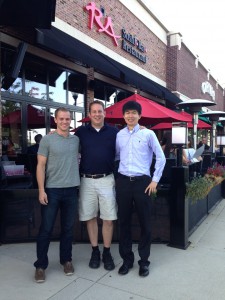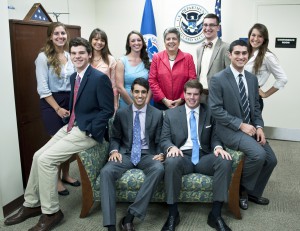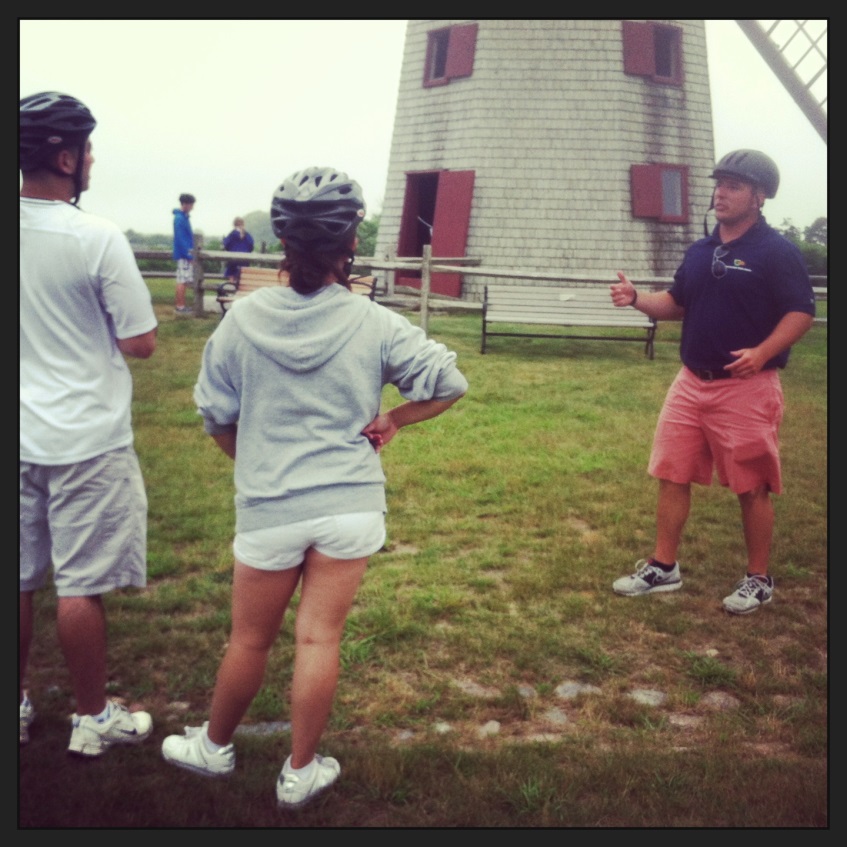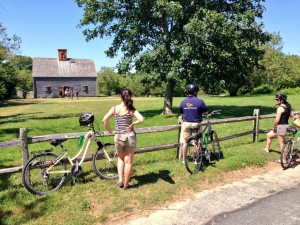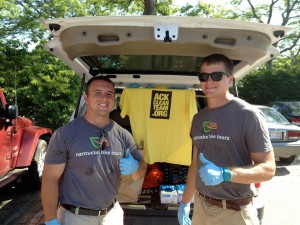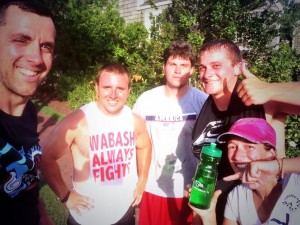By Nick Gray ’15
I spent this past summer picking cocaine, methamphetamines, marijuana, and bath salts out of the US mail system. Before this past summer, I’d spent hours browsing testimonials of people who had interned with the Federal Bureau of Investigation (FBI), the Drug Enforcement Agency (DEA), Alcohol Tabaco and Firearms (ATF), the National Security Agency (NSA), and the United States Postal Inspection Service (USPIS), who I was interning with, and the responses varied greatly: “They’re making me file. ALL SUMMER.”, to “Kiss me. I’m home.”
The USPIS Philadelphia Division was a 40 minute commute that I was glad to take. My average day was spent doing things like this:
- Doing surveillance on a woman in North Philly, who’d been stealing identities in her apartment. We took license plate numbers, circled the house for possible routes of escape (in the case of a warranted search), and speculated on her daily schedule.
- Working with drug dogs and their handlers to sniff out (no pun intended) packages in the mail.
- Documenting, weighing, and packaging the quarter million dollars’ worth of drugs that we (the interns) helped find.
- Browsing the evidence room (I almost cried when I got to hold a Romanian AK-47).
- Hearing perspectives from federal agents ranging from 23 year veterans to people that started the year before.
On more extraordinary days, I got to sit and talk to Federal Judges, District Attorneys, Secret Service Agents, Air Marshals (We had a shooting competition. Naturally, I lost.), Postal Police, members of the Philly Police Department, DEA Agents, K9 units, State Troopers, and members of ATF. I got to participate in and help facilitate federal agent training and in the process, almost beat a veteran in a shooting competition and got arrested four times in felony vehicle stops which included accusing an Inspector of racial discrimination. I also got a course in using riot shields, how to correctly use a firearm while holding the shield, and I took part in a virtual simulation on responding to calls as a law enforcement officer (I saved a young woman then killed multiple innocents). The simulation left my hands trembling, hands sweating, and my heart cold and pounding. I tried to imagine the real thing.
I did not have to imagine for long. When cocaine or methamphetamines were found, we did what they called a “controlled delivery.” The drugs would be delivered as planned but with heavy surveillance. For this, we were allowed to ride along equipped with bulletproof vests. We got to watch as the package was delivered, then seconds, minutes, or even hours later, the door being blown off the hinges by a ram and the pouring in of federal agents armed with MP-5s. After, we were allowed to watch on-site interrogations and search the house for additional evidence. We also had the pleasure of being cursed out by locals for “entering without warrants” and “racial discrimination” (this is where my training came in handy).
As exciting as all of this was, it was fairly hopeless too. Drugs, cocaine especially, were sent, over and over, to the same rough neighborhoods, to which we came to “control delivery” and whisk away peoples brothers, husbands, and sons. I had the privilege of working with George Clark, a Postal Inspector in the Philly Division. Clark gave me an outlet into another side of law enforcement. He allowed me to assist him in the investigation of a man who had, over the course of three years, stolen nearly half a million dollars from banks like PNC, TD, and various others. He’d also managed to involve the post office by buying money orders with the stolen money. He accomplished this feat with a pen, legitimate checks he’d gained from vulnerable people, and the power of persuasion. We spent about a week pouring over his criminal record and reports we had of his past thefts. We found his favorite place, favorite day, favorite time, and waited for him across the street in an undercover car. Sure enough, he was there at 7:02 AM buying money orders with stolen money.
“Nick, get in there and get his description.” Clark said.
“What?”
Last time I heard, the guy was looking at about a quarter century in prison. The internship was over before we could snag him.
This internship began, where all great things begin: Career Services. I attended the Law Enforcement Lunch they hosted before that summer and went to speak with two ladies from the USPIS based out of Indy. Students had swarmed the FBI, DEA, and Secret Service, but these two Inspectors did not have a single taker. They were very friendly and much more flexible than the other agencies. I called their supervisor, Ken Miller, who told me they weren’t accepting interns that summer. I was disappointed.
“Guess I’ll just go home this summer.” I said.
“Where’s home?”
“Philly.”
“You know what”, he said, “I know a Scott Guretse in Philly, an Inspector. Here’s his email, check it out.”
Kiss me, I was home.



